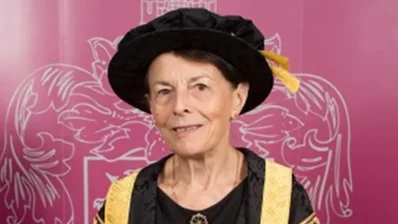A new report has found that students with additional learning needs (ALN) in Wales are often excluded from climate education. The research, conducted by Swansea University in partnership with Keep Wales Tidy’s Eco-Schools programme, focused on special schools and alternative provision settings across South Wales.
Shannon O’Connor, co-author of the report and Research Associate at Swansea University, stated: “By amplifying the voices of ALN and alternative provision educators, this research paves the way for collaboration across education and policy. Inclusive climate education must be accessible to all—only then can we truly support learners to become ‘ethical, informed citizens of Wales and the world’, one of the four purposes defined in Curriculum for Wales (Welsh Government, 2022).”
The study involved 26 ALN and alternative provision settings and identified several challenges faced by these institutions. These included a lack of tailored educational resources, limited staff training opportunities, an absence of peer networks for sharing ideas, and teachers feeling isolated or unsupported. According to the report, such barriers reflect broader national and global trends where learners with additional needs may not have equal opportunities to participate in climate action discussions or solutions.
Owen Derbyshire, Chief Executive of Keep Wales Tidy, said: “If we want a fairer, greener future, we need to make sure everyone is included in the conversation, and to ensure every learner has the tools they need to affect positive change.
“Learners with additional needs are not being given the same access to knowledge, experiences, or support, and that’s not good enough.”
Despite these obstacles, some positive examples were highlighted in the report. Sensory-based outdoor activities, adapted Eco-Schools programmes, creative projects like climate-themed art initiatives and preloved fairs are helping make sustainability education more inclusive for students with ALN.
Gemma Sayce from Ysgol Hendrefelin in Neath Port Talbot commented: “Engaging learners with climate change education gives them a fair chance to understand today’s biggest challenges and build a lifelong commitment to protecting our planet. Embedding it across all Areas of Learning empowers them to make informed, responsible choices for a more sustainable future.”
James, a pupil at Ysgol Hendrefelin added: “I liked learning about climate change and our planet. Now I know more ways to help stop pollution—and I want to save the seas.”
To address current gaps in access to climate education for ALN learners in Wales, the report recommends co-developing educational resources with input from both educators and students; providing specialised staff training; establishing dedicated networks for sharing best practices; and updating policies so that ALN settings are included within national strategies on climate education.
The researchers hope their findings will prompt changes ensuring all young people across Wales have meaningful opportunities to learn about environmental issues.

